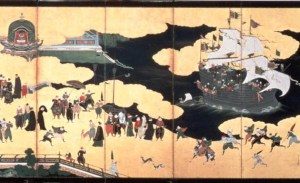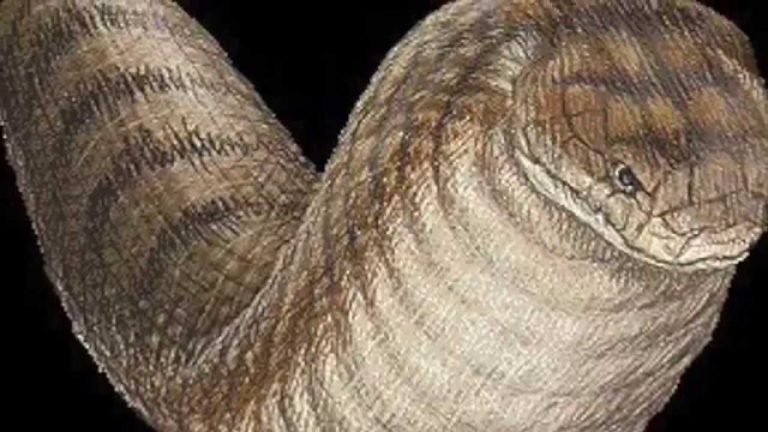The Japanese have a belief that objects that are 100 years old take on a life of their own. The tsukumogami (付 喪 神, literally “divine artifact”) are objects that have a spirit of their own, rather than being possessed objects. They are considered within Japanese folklore as yōkai.
In modern times, it is said that a tsukumogami it cannot be created because there are no objects that have been used for more than 100 years. There are even those who believe that tsukumogami they are repelled by electricity.
The first story of tsukumogami is counted in the Onmyō Zakki, in the Muromachi period, and recounts how various objects that were discarded in the susuharai (a day at the end of the year in which general cleaning is done in the houses). Without receiving a thank you, these abandoned objects decide to take revenge and take on a life of their own to torment their owners.
Usually the tsukumogami they are represented in art and mythology as objects with exaggerated human properties, such as long tongues and large eyes. Some of the tsukumogami most common are the karakasa, the bakezōri, the chōchinobake and the kameosa.
The first of them, the karakasa it is a paper umbrella. They are said to be mischievous, and they like to scare people. However, they are not malevolent beings, and sometimes enjoy playing with children. They are usually drawn with an eye and a leg wearing a sandal geta.
In houses where footwear is worn improperly, the bakezōri it comes to life at night and rises from the drawer where it was put. As you run through the house you can hear him screaming “Kararin, kororin, kankororin!”.
The chōchinobake it is a ghost of a lantern. These lanterns are made of bamboo and paper or silk. East tsukumogami it has a long tongue that comes out of its large mouth.
The kameosa is a tsukumogami benign to humans. This creature is created from a sake container. He has hairy limbs and his face is made with cracks from the container. The kameosa it produces infinitely sake, water or any other drink that is poured into it.
Others tsukumogami less famous are:
- Biwabokuboku: A biwa animated
- Boroboro-ton: A possessed quilt
- Ichiren-bozu: An animated rosary
- Morinji-no-okama: A possessed kettle.
- Ungaikyo: A possessed mirror
- Zorigami: A possessed watch.
- Moku-moku-ren: Sliding walls with eyes.



